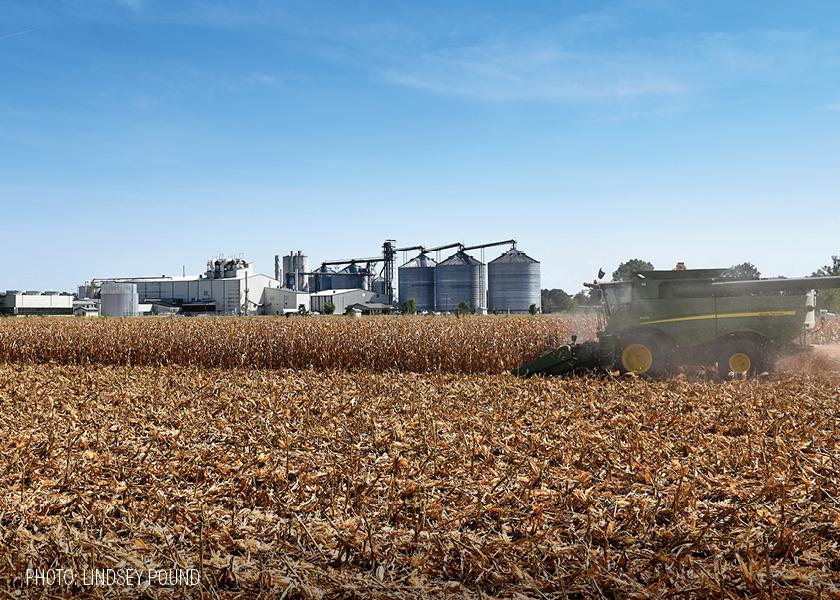EPA's Small Refinery Exemption Data Under Fire by U.S. Accountability Office

Each year, EPA sets a renewable fuel standard (RFS), which requires gas and diesel be blended with a minimum volume of renewable fuels. Small fuel refiners can petition the EPA to be exempt from fulfilling the RFS obligations due to “disproportionate economic hardship,” according to EPA.
In a study released on Thursday, the U.S. Government Accountability Office (GAO) found small oil refineries pay more than larger competitors to fulfill their blending obligations.
This means GAO finds small refineries do experience the economic hardship necessary to meet the exemption, and that EPA’s continued decision to deny all exemption petitions is inaccurate.
According to Jim Wiesemeyer, Pro Farmer policy analyst, GAOs new findings could “intensify” requests to ease blending requirements in order to lower fuel prices.
GAO to Overhaul the EPA’s Methods
With the new data in tow, GAO also offered seven exemption denial recommendations, including EPA:
1. Reassess its conclusion that all small refineries recover the cost to meet each years’ blending obligations.
2. Develop new policies and procedures for making exemption decisions.
3. Construct a new approach to better meet its annual March deadline.
“EPA officials have not specified what information would be useful for them to determine whether small refineries experience disproportionate economic hardship from the RFS, wrote GAO in the study. “Instead, EPA has requested whatever information refineries think would show hardship, while requiring information that the agency no longer intends to use.”
The agency partially agreed with GAO on the three listed recommendations but disagreed with all others, including that the agency offer small refiners a chance to recover their past compliance costs.
However, the GAO said EPA made it clear “it does not intend to revisit its 2022 exemption decision.”
Hold the Gavel
GAO’s study comes as Growth Energy, the Renewable Fuels Association, the American Coalition for Ethanol and National Farmers Union filed a motion in the D.C. Circuit Court of Appeals to intervene in a lawsuit filed against the EPA.
The lawsuit claims EPA’s 2022 decision to deny 69 petitions from refineries seeking small refinery exemptions (SREs) from the agency’s biofuel blending program was unjustified.
The groups intervened in the suit in favor of EPA, saying the agency’s decision will keep certain refiners from turning the clock back to “an era of gross mismanagements and abuse” of SREs.
“For far too long, many refiners got away with dodging their obligations to blend lower-carbon biofuel into the fuel supply,” the groups said in a press release. “EPA’s denial of these SRE petitions provides a clean slate to get the RFS back on track. Holding refiners accountable will ensure lower prices and cleaner options at the pump for American families.”
In 2021, the Biden administration rewrote its method for determining whether small refiners qualify for exemptions—an action that followed President Trump’s approval of 88 small refinery petitions in 2016 to 2020.
According to latest estimates from the biofuels industry, the Trump administration’s 88 petition approval measure cost the biofuel industry billion of gallons in lost demand.
More on biofuels:
EPA Proposes New Rules on RFS, Finalizes Biofuel Blending Requirements
John Phipps: It's Now Less About the Supply of Oil, And More About Refining Capacity in the U.S.
EPA Faces Lawsuit for Ethanol’s Impacts on Endangered Species







